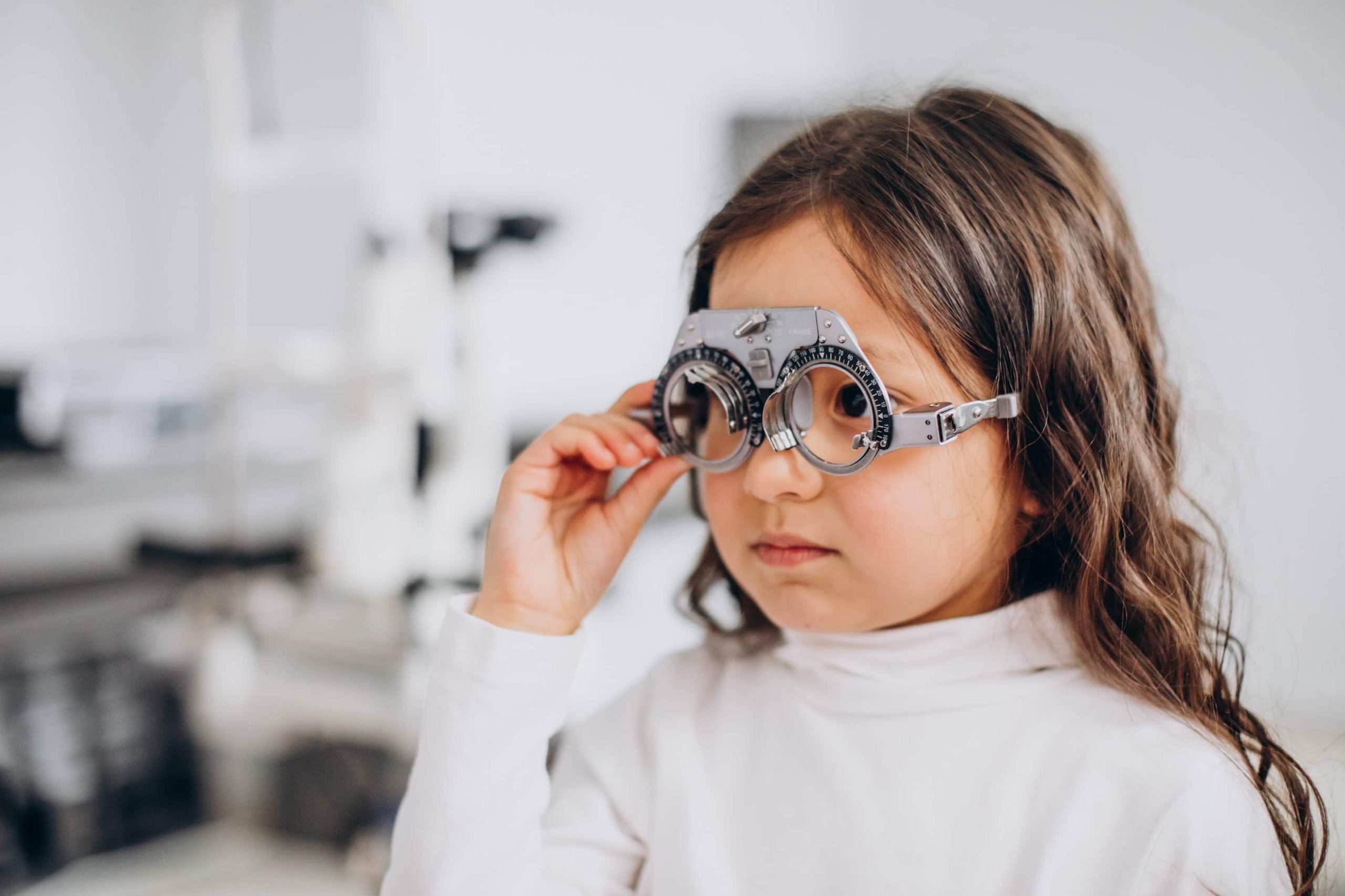Vision examination in children and infants
REFRACTIVE DEFECTS IN CHILDHOOD
Do you personally wear glasses as a parent? If your answer is yes, it would be very right to closely monitor the child’s vision problems. Because many health problems are familial.
• Do your child’s eyes sometimes squint? Is there a cross in their eyes?
• Does he say he can’t see well, rubs his eyes or blinks a lot?
• Does he come home from school tired, has a headache or is dizzy?
• Does he say he gets notes from his friends and has difficulty seeing the board?
• Can’t read for long periods of time, skips lines or reads the same word more than once?
• Does his teacher at school say he mixes up letters and can’t remember what he reads?
• How is his attention while studying? Does he get distracted easily and have difficulty focusing?
If even one of these has occurred, it is time to take your child to an ophthalmologist.
How is an eye examination performed in children?
It would be best to go to a specialist doctor who is good at communicating with children.
Because this specialist knows how to communicate with the child better and has the appropriate equipment. During this examination, the ophthalmologist does the following:
• Measures the child’s distance and near vision defects. While doing this, he/she uses pictures in preschool children and letters from the age of 6.
• Evaluates whether the child has a deviation.
• Checks whether there is a problem that prevents vision (such as congenital cataract, congenital glaucoma).

